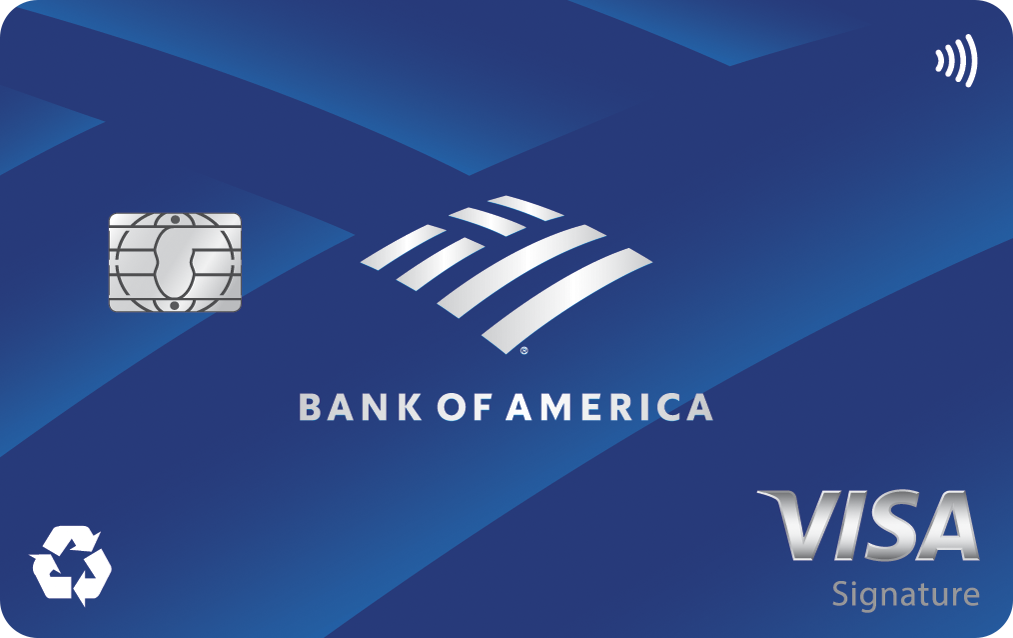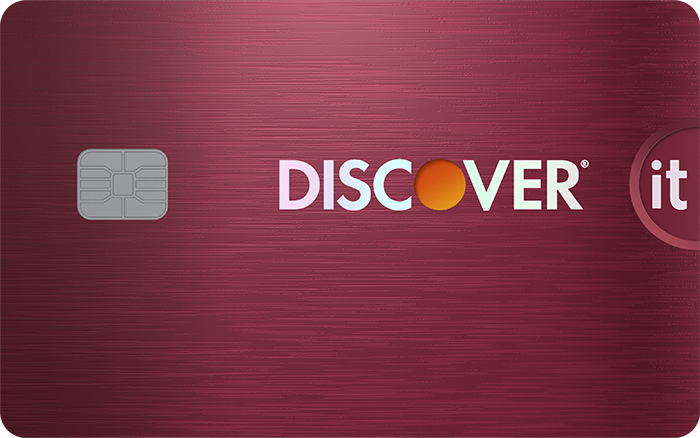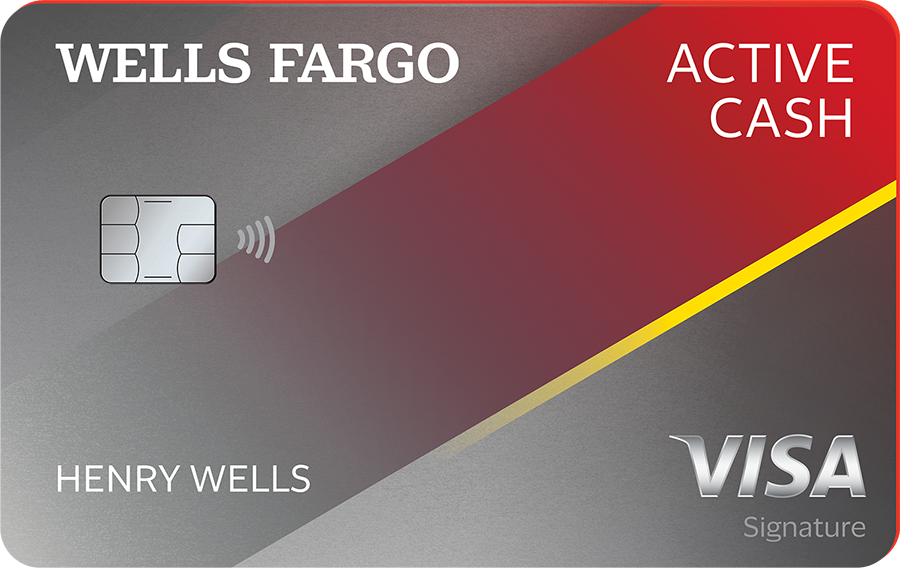Credit cards provide important protections to consumers, one of which is the ability to file a credit card dispute. Disputing credit card charges means you disagree with a charge on your card and want the creditor to help you remove that charge so you no longer owe the money.
Typically, cardholders can dispute charges they didn't make -- so if someone steals your card or uses your card number to make a purchase without your permission, you would not be responsible for paying for the purchase.
In certain cases, cardholders can also dispute purchases they made, such as when merchants provide unsatisfactory goods or services or fail to provide promised goods or services. The Fair Credit Billing Act protects your right to dispute charges under these circumstances.
Disputing charges can save you a fortune if you were the victim of fraud or if a merchant fails to live up to expectations, but there are rules you need to follow and steps you need to take. In this guide, we cover how to dispute a credit card charge,and what you need to know so you're prepared when a charge you disagree with shows up on your bill.
How does disputing a charge work?
The dispute process varies depending on the credit card company, but with most, there are two convenient ways to dispute a credit card charge:
- Call the phone number on the back of your credit card and explain that you want to dispute a charge. A representative will get the necessary information from you and file the dispute.
- Look up and dispute the charge through your online credit card account. You'll need to include information on why you're disputing the charge through the online form.
Your credit card company may ask for documentation supporting your dispute right away, or it may wait for the merchant's response before requesting evidence from you. If you can, gather evidence first so you have it ready should you need it, especially when your dispute is related to issues with a product or service.
Note that if the dispute is due to an issue with a purchase you made, then you must contact the merchant first and try to resolve the matter. The law for consumer rights with credit card disputes, known as the Fair Credit Billing Act, states that consumers must make a good-faith effort to handle purchase problems with the merchant before filing a dispute.
Your credit card company will likely remove the charge from your statement during the dispute process. You won't need to pay it until a decision is reached regarding the dispute, and if you win, you won't need to pay it at all.
How long do you have to dispute a charge?
You normally have 60 days from the date a charge appears on your credit card statement to dispute it. This time limit is established by the Fair Credit Billing Act, and it applies whether you're disputing a fraudulent charge or a purchase that didn't turn out as expected.
To confirm how much time you have to dispute a charge on your credit card, check your cardmember agreement. You should have received this in the mail after opening a credit card, but it's also typically available online. Information on dispute time limits should be in the billing rights section.
If you don't start your dispute within the allotted time frame, you may be stuck paying that money. That's one reason you should read your credit card statement every month and check for unauthorized charges.
Credit card comparison
We recommend comparing options to ensure the card you're selecting is the best fit for you. To make your search easier, here's a short list of standout credit cards.
| Offer | Our Rating | Welcome Offer | Rewards Program | APR | Learn More |
|---|---|---|---|---|---|
|
Rating image, 4.50 out of 5 stars.
4.50/5
Our ratings are based on a 5 star scale.
5 stars equals Best.
4 stars equals Excellent.
3 stars equals Good.
2 stars equals Fair.
1 star equals Poor.
We want your money to work harder for you. Which is why our ratings are biased toward offers that deliver versatility while cutting out-of-pocket costs.
|
Discover will match all the cash back you’ve earned at the end of your first year. | 1% - 5% Cashback Earn 5% cash back on everyday purchases at different places you shop each quarter like grocery stores, restaurants, gas stations, and more, up to the quarterly maximum when you activate. Plus, earn unlimited 1% cash back on all other purchases. |
Intro: Purchases: 0%, 15 months Balance Transfers: 0%, 15 months Regular: 18.24% - 27.24% Variable APR |
||
|
Rating image, 5.00 out of 5 stars.
5.00/5
Our ratings are based on a 5 star scale.
5 stars equals Best.
4 stars equals Excellent.
3 stars equals Good.
2 stars equals Fair.
1 star equals Poor.
We want your money to work harder for you. Which is why our ratings are biased toward offers that deliver versatility while cutting out-of-pocket costs.
|
$200 cash rewards Earn a $200 cash rewards bonus after spending $500 in purchases in the first 3 months. | 2% cash rewards Earn unlimited 2% cash rewards on purchases. |
Intro: 0% intro APR for 12 months from account opening on purchases and qualifying balance transfers Purchases: 0% intro APR, 12 months from account opening Balance Transfers: 0% intro APR, 12 months from account opening on qualifying balance transfers Regular: 19.24%, 24.24%, or 29.24% Variable APR |
||

Apply Now for Bank of America® Travel Rewards credit card
On Bank of America's Secure Website. |
Rating image, 4.00 out of 5 stars.
4.00/5
Our ratings are based on a 5 star scale.
5 stars equals Best.
4 stars equals Excellent.
3 stars equals Good.
2 stars equals Fair.
1 star equals Poor.
We want your money to work harder for you. Which is why our ratings are biased toward offers that deliver versatility while cutting out-of-pocket costs.
|
25,000 points 25,000 online bonus points after you make at least $1,000 in purchases in the first 90 days of account opening - that can be a $250 statement credit toward travel purchases | 1.5-3 points per dollar Earn unlimited 1.5 points per $1 spent on all purchases, with no annual fee and no foreign transaction fees, and your points don't expire as long as your account remains open. Earn 3 points per $1 spent on travel purchases booked through the Bank of America Travel Center. |
Intro: 0% Intro APR for 15 billing cycles for purchases. 0% Intro APR for 15 billing cycles for any balance transfers made in the first 60 days. After the intro APR offer ends, 18.24% - 28.24% Variable APR on purchases and balance transfers will apply. A 3% fee for 60 days from account opening, then 4% fee applies to all balance transfers. Balance transfers may not be used to pay any account provided by Bank of America. Purchases: 0% Intro APR for 15 billing cycles for purchases Balance Transfers: 0% Intro APR for 15 billing cycles for any balance transfers made in the first 60 days Regular: 18.24% - 28.24% (Variable) |
Apply Now for Bank of America® Travel Rewards credit card
On Bank of America's Secure Website. |
Reasons to dispute a credit card charge
While there are many possible reasons to dispute a credit card charge, they all fall into one of three categories: the charge was unauthorized, there was a billing error, or there was a problem with the purchase. Let's take a closer look at each category and go over a few examples.
Unauthorized charges
If someone uses your credit card for a purchase that you didn't authorize, that's fraud. Under the Fair Credit Billing Act, the maximum amount a cardholder can be liable for unauthorized credit card use is $50. Most credit cards go above and beyond with zero-liability policies, which state that cardholders aren't liable to pay anything in cases of unauthorized credit card use.
You can protect yourself from credit card fraud by notifying your card issuer immediately if your card is lost or stolen. But if an unauthorized charge occurs before you do this, then you can dispute it. Unauthorized charges can also occur while your card is still in your possession if a criminal gets hold of the card information but not the card itself. You can dispute these types of charges, as well.
Billing errors
A billing error is any charge that a merchant made by mistake. The most common examples are multiple charges for one purchase or a charge for a subscription service after you've canceled. If you can't get a merchant to refund a billing error, then you can dispute it.
Problems with a purchase
When you have an issue with a product or service you've purchased, a dispute could help you get your money back. Remember that the Fair Credit Billing Act requires that you make a good-faith effort to resolve the issue with the merchant first.
Reasons for this type of dispute include:
- A product wasn't delivered.
- The merchant didn't complete a service you paid for.
- There was a quality issue with your purchase.
Does disputing a charge impact credit?
Disputing a charge does not have an impact on your credit. You don't need to worry about a dispute causing your credit score to drop.
You must keep paying your credit card bill like normal during the dispute process. As mentioned previously, card issuers usually remove disputed charges from the bill until the dispute is resolved, but you're still responsible for paying the rest of the bill.
What happens if a dispute is denied?
If your dispute is denied, then the charge will go back on your credit card. You're legally entitled to an explanation about why your dispute was denied and how you can appeal the decision. Your credit card company will likely send you both the explanation and instructions on how to appeal in writing.
An appeal gives you another opportunity to provide evidence and win the dispute. If that doesn't work, you can also try filing a complaint with the Consumer Financial Protection Bureau. As a last resort, you can hire a lawyer, although the cost involved means this option won't be worth it for most disputes.
A valuable consumer protection
The ability to dispute charges is great protection for consumers, and it's also one of many reasons why credit cards are such a smart way to pay.
This isn't a protection you should misuse, though. Before you dispute a charge, make sure that you have a legitimate reason. If it's a problem with a product or service, contact the merchant and do your best to handle it yourself first.
If you need to dispute a charge, have your evidence ready and be as thorough as possible when you file the dispute with the card issuer. Respond promptly if the card issuer requests any additional information. Assuming you have a valid reason for your dispute, the odds are that you won't need to pay the charge.
Still have questions?
Here are some other questions we've answered:
Don't you wish you could take a peek inside a credit card expert's wallet sometimes? Just to see the cards they carry? Well, you can't look in anybody's wallet, but you can check out our experts' favorite credit cards. Get started here:
FAQs
-
The dispute process varies depending on the credit card company, but with most, there are two convenient ways to dispute a credit card charge:
- Call the phone number on the back of your credit card and explain that you want to dispute a charge. A representative will get the necessary information from you and file the dispute.
- Look up and dispute the charge through your online credit card account. You'll need to include information on why you're disputing the charge through the online form.
-
You normally have 60 days from the date a charge appears on your credit card statement to dispute it.
-
Disputing a charge does not have an impact on your credit. You don't need to worry about a dispute causing your credit score to drop.
-
If your dispute is denied, then the charge will go back on your credit card. You're legally entitled to an explanation about why your dispute was denied and how you can appeal the decision.
We're firm believers in the Golden Rule, which is why editorial opinions are ours alone and have not been previously reviewed, approved, or endorsed by included advertisers. Motley Fool Money does not cover all offers on the market. Motley Fool Money is 100% owned and operated by The Motley Fool. Our knowledgeable team of personal finance editors and analysts are employed by The Motley Fool and held to the same set of publishing standards and editorial integrity while maintaining professional separation from the analysts and editors on other Motley Fool brands. Terms may apply to offers listed on this page.
The Motley Fool owns shares of and recommends Visa.

